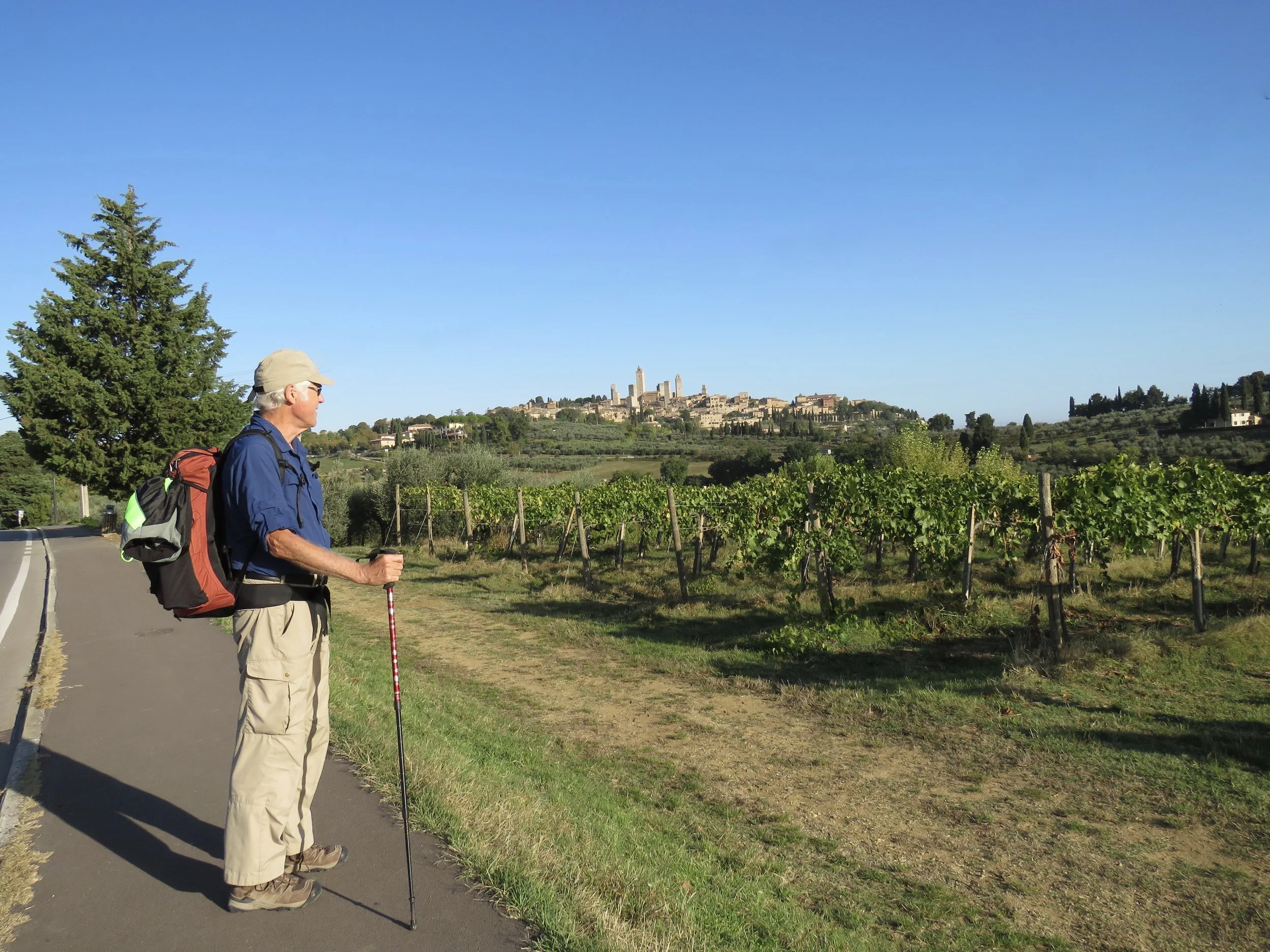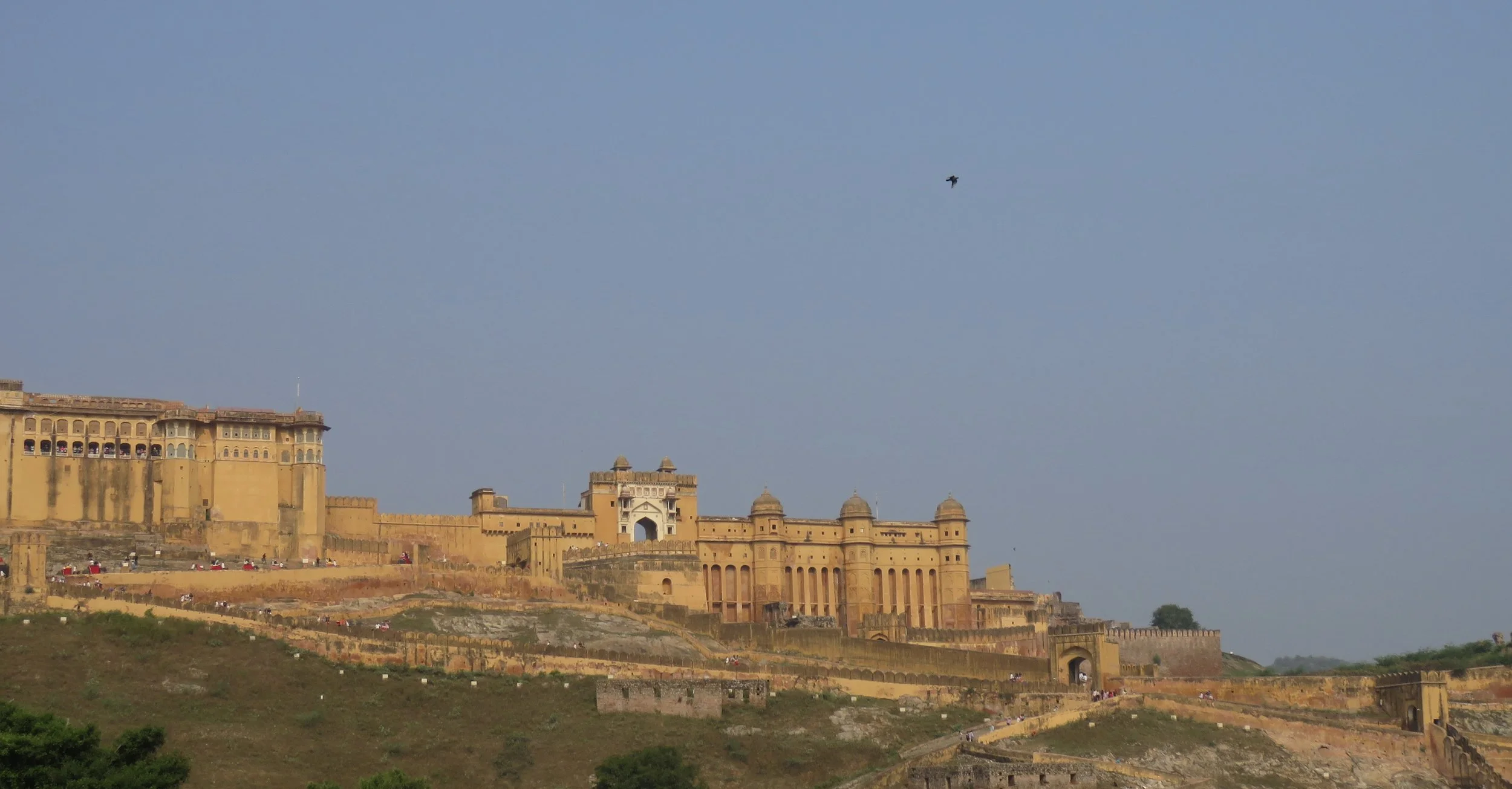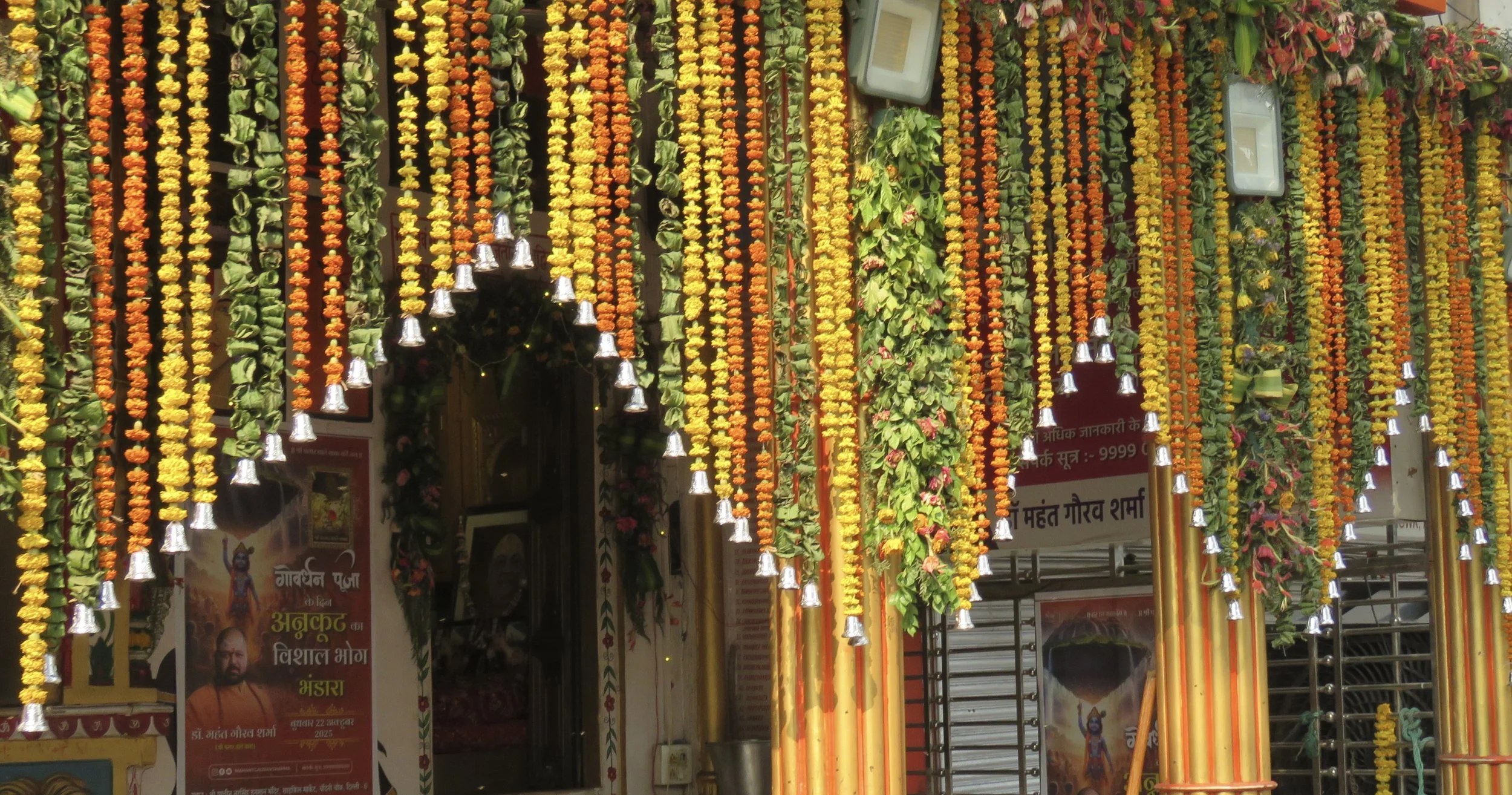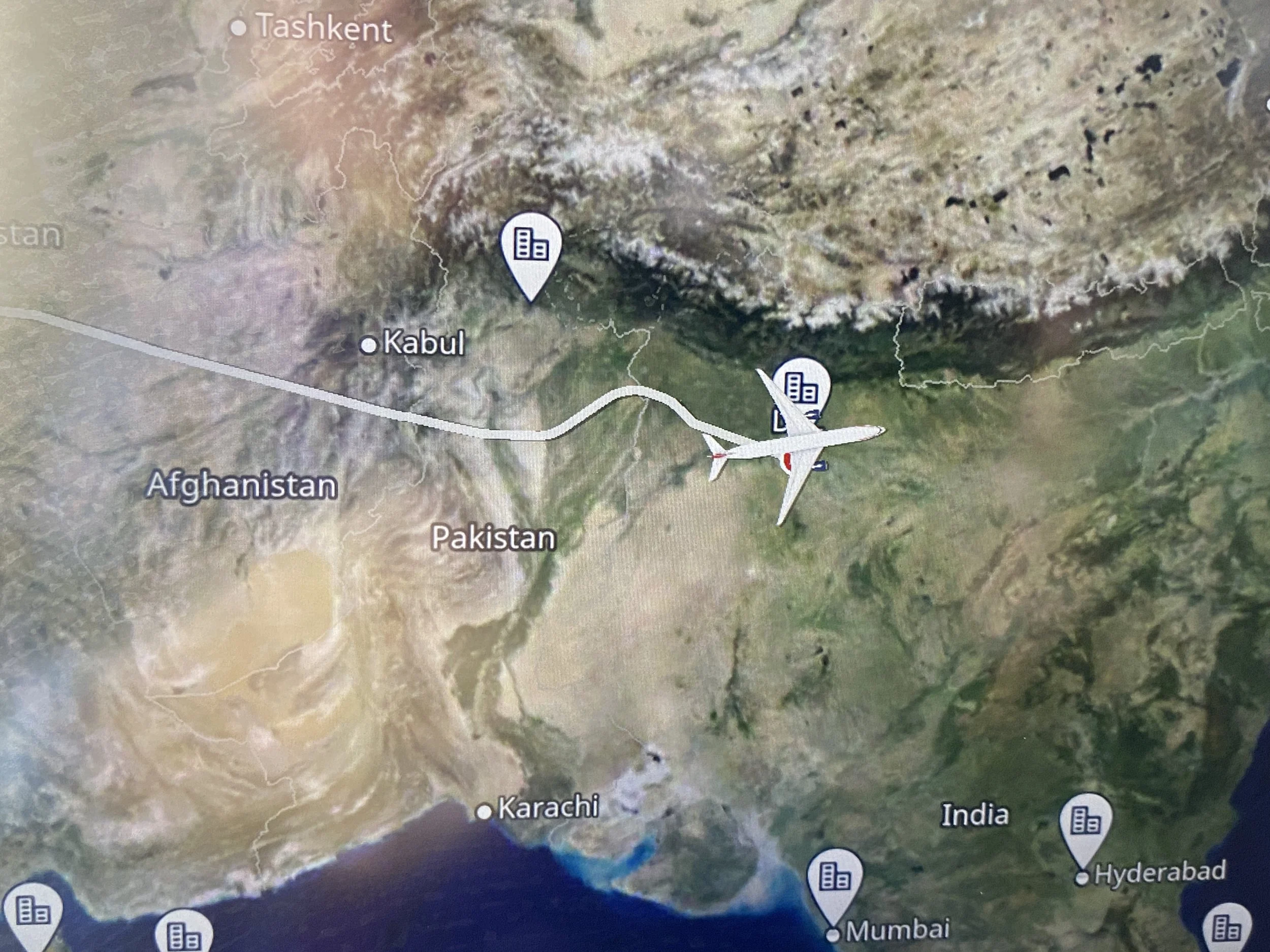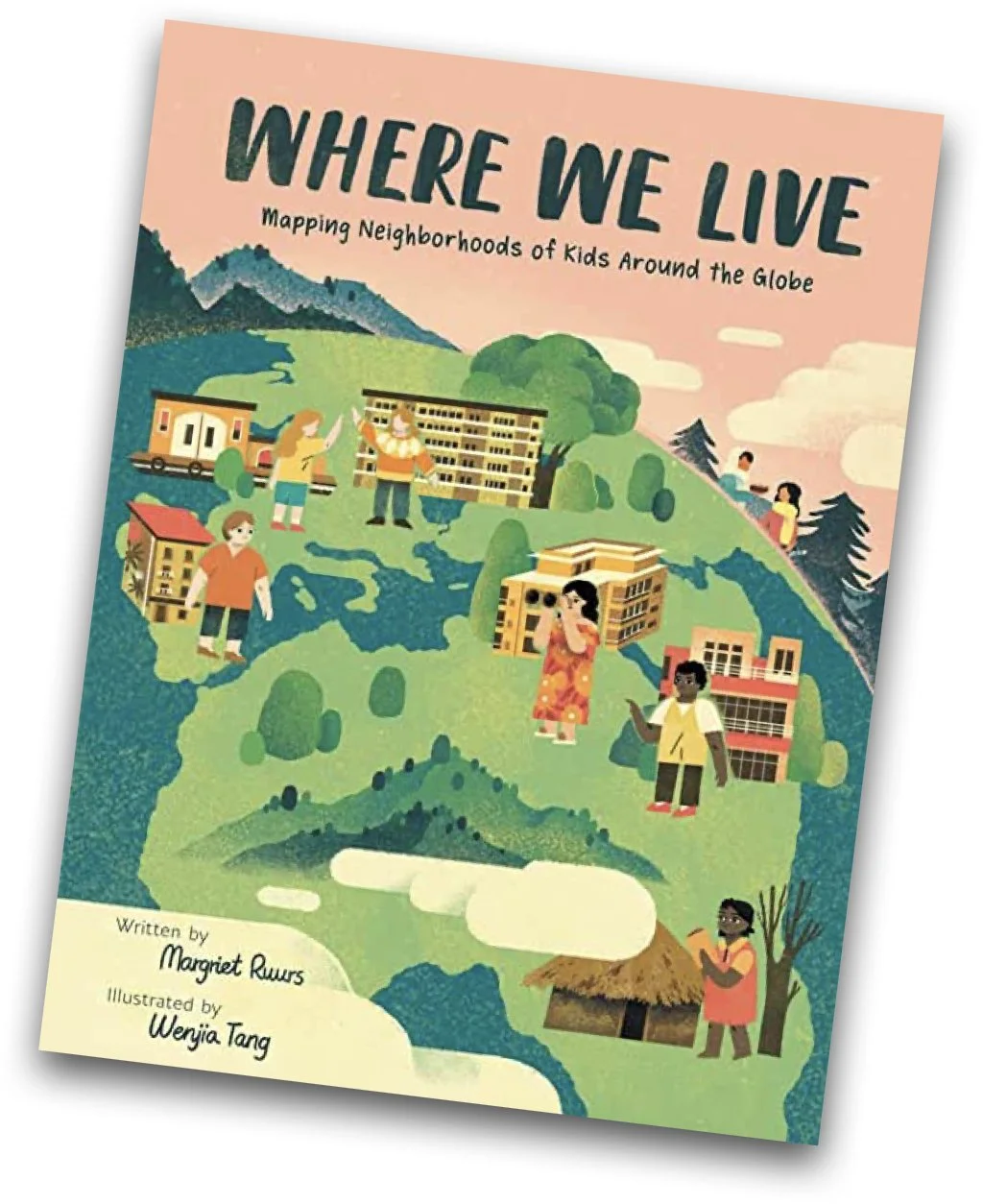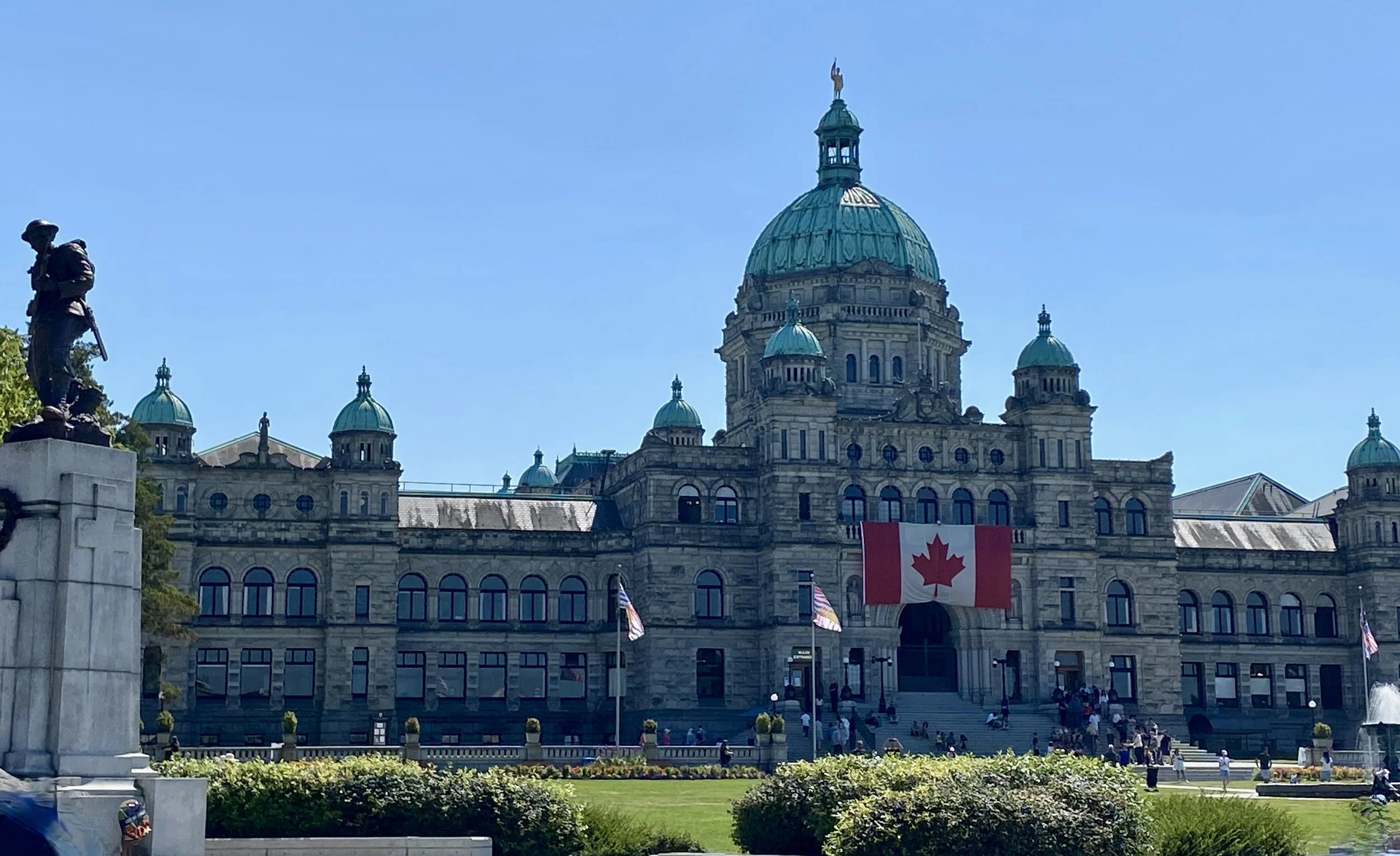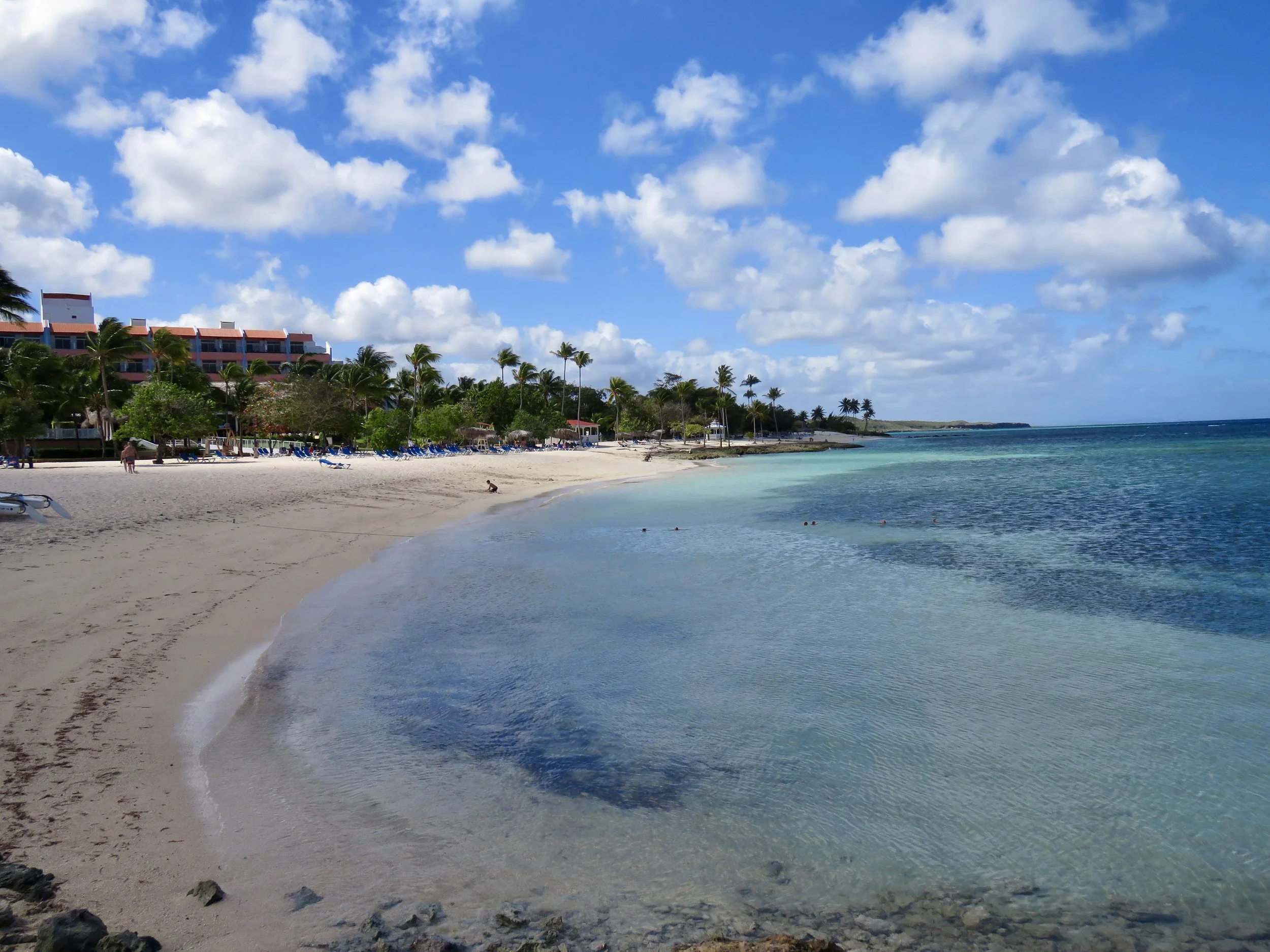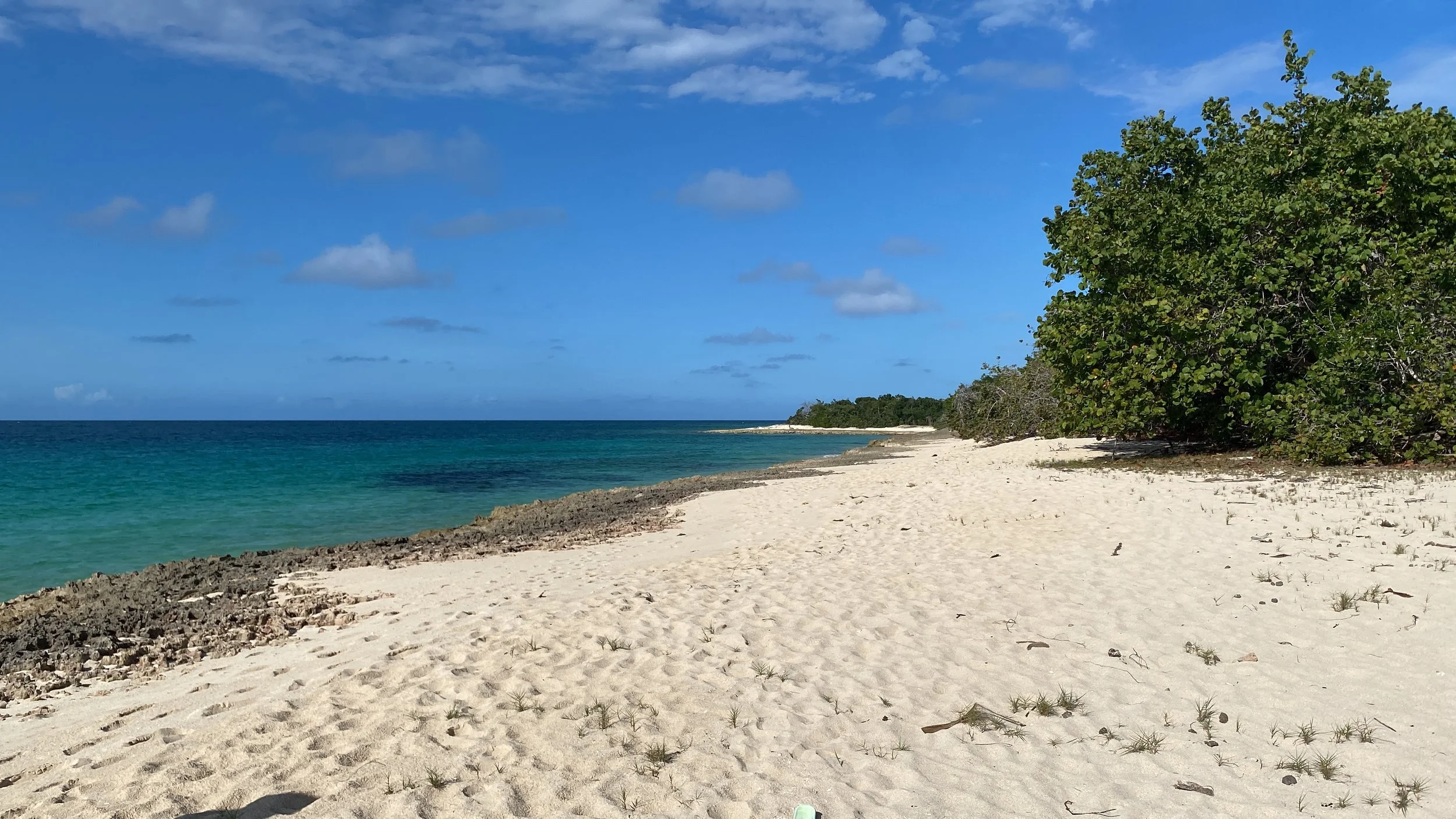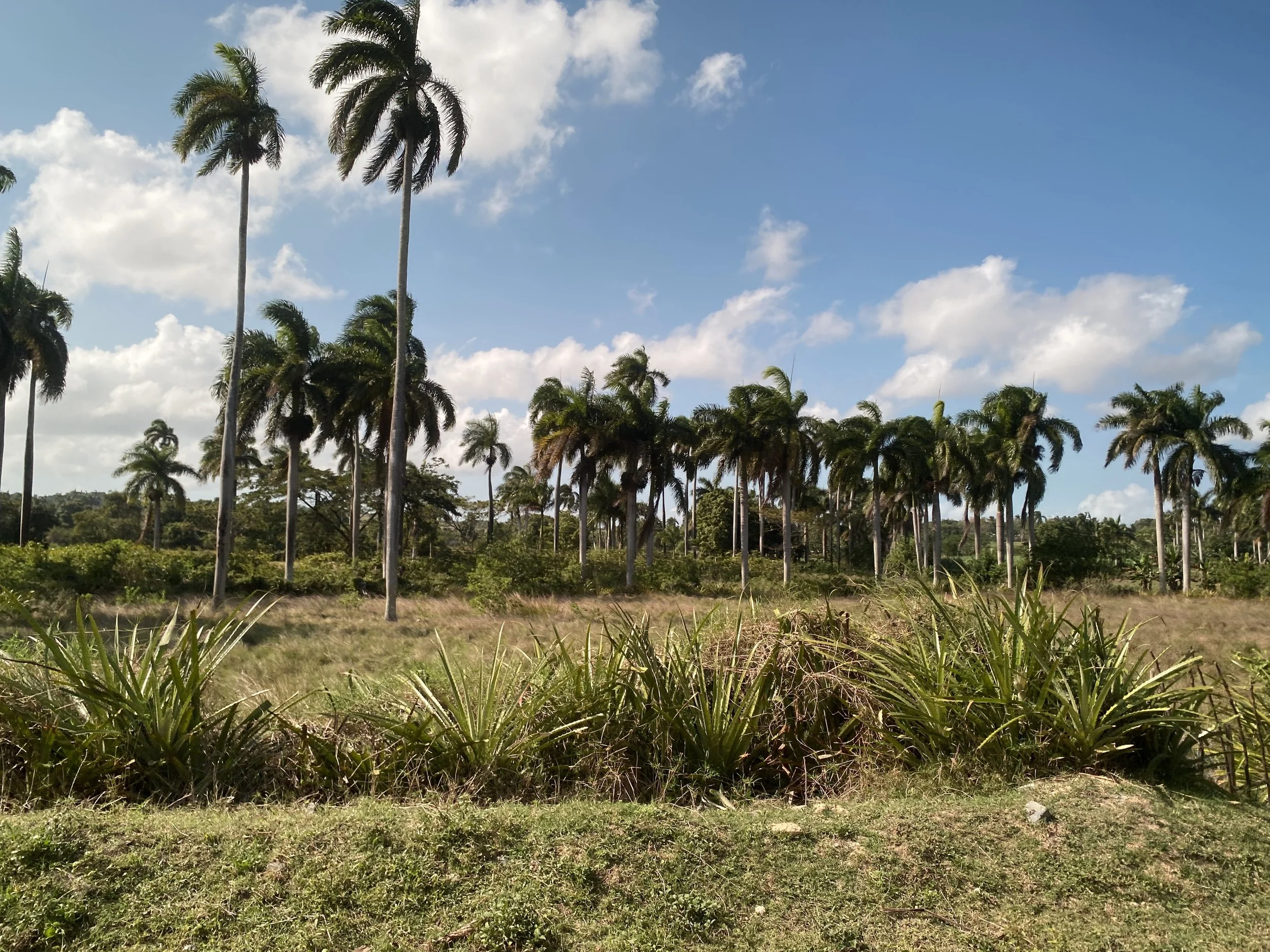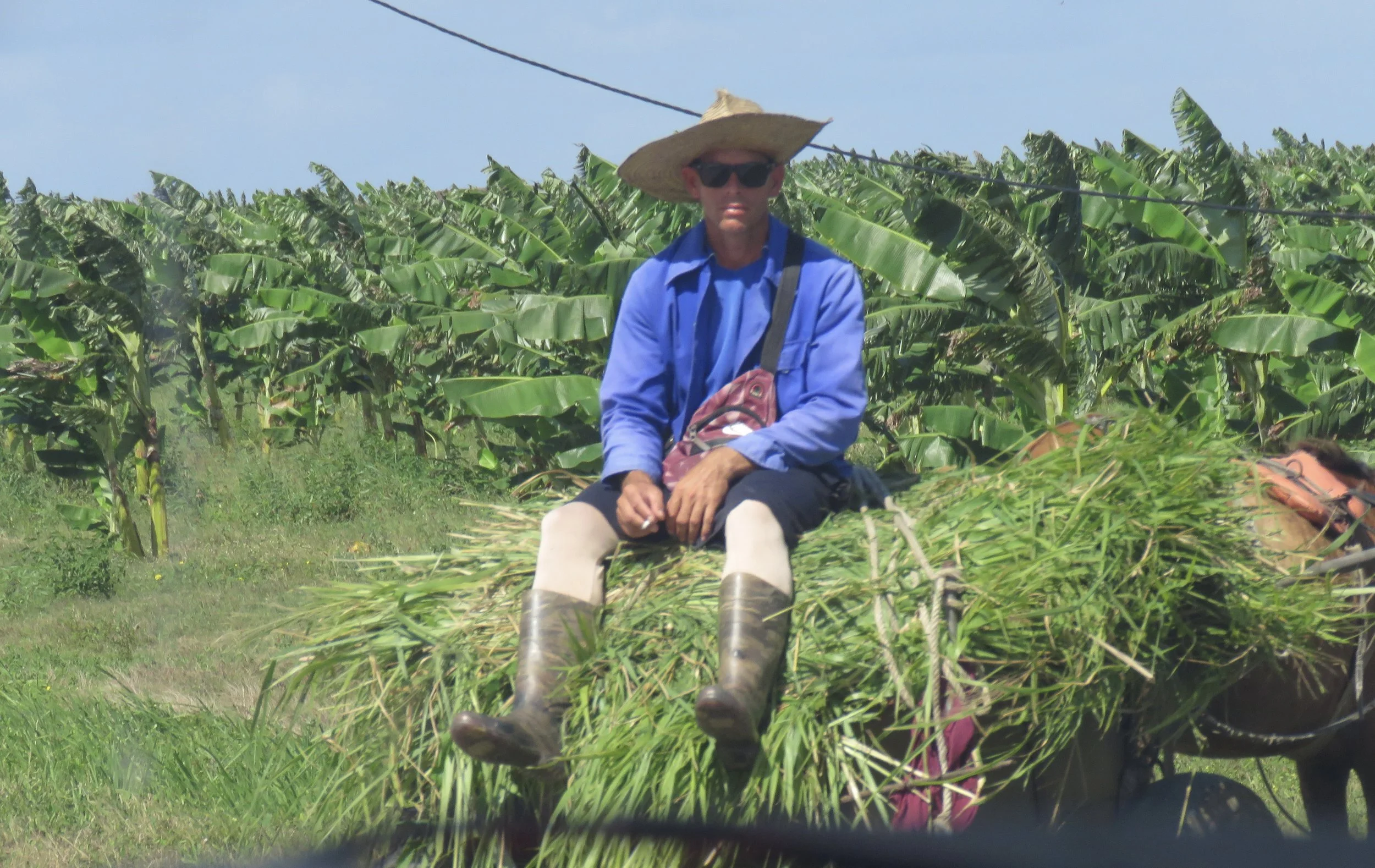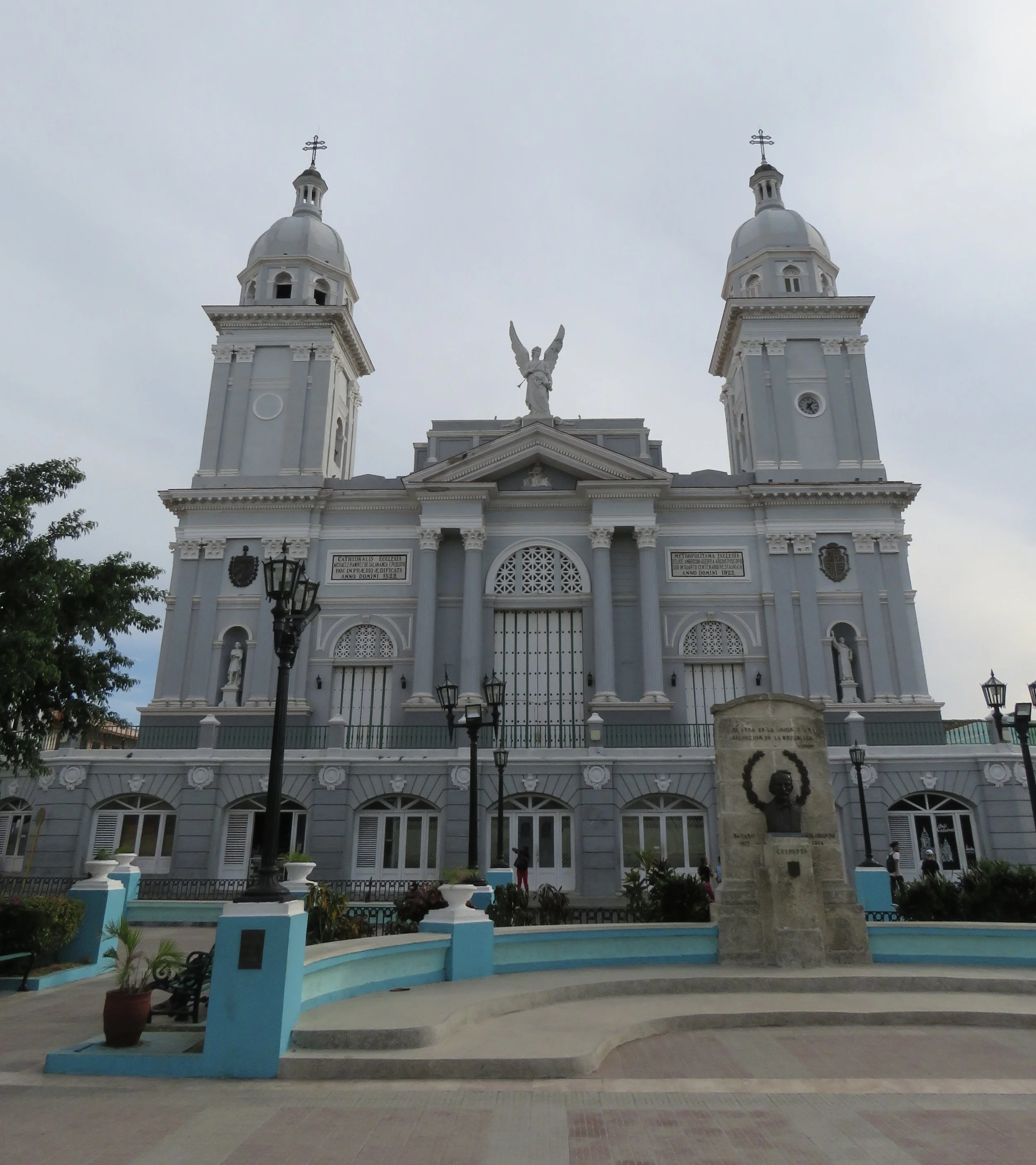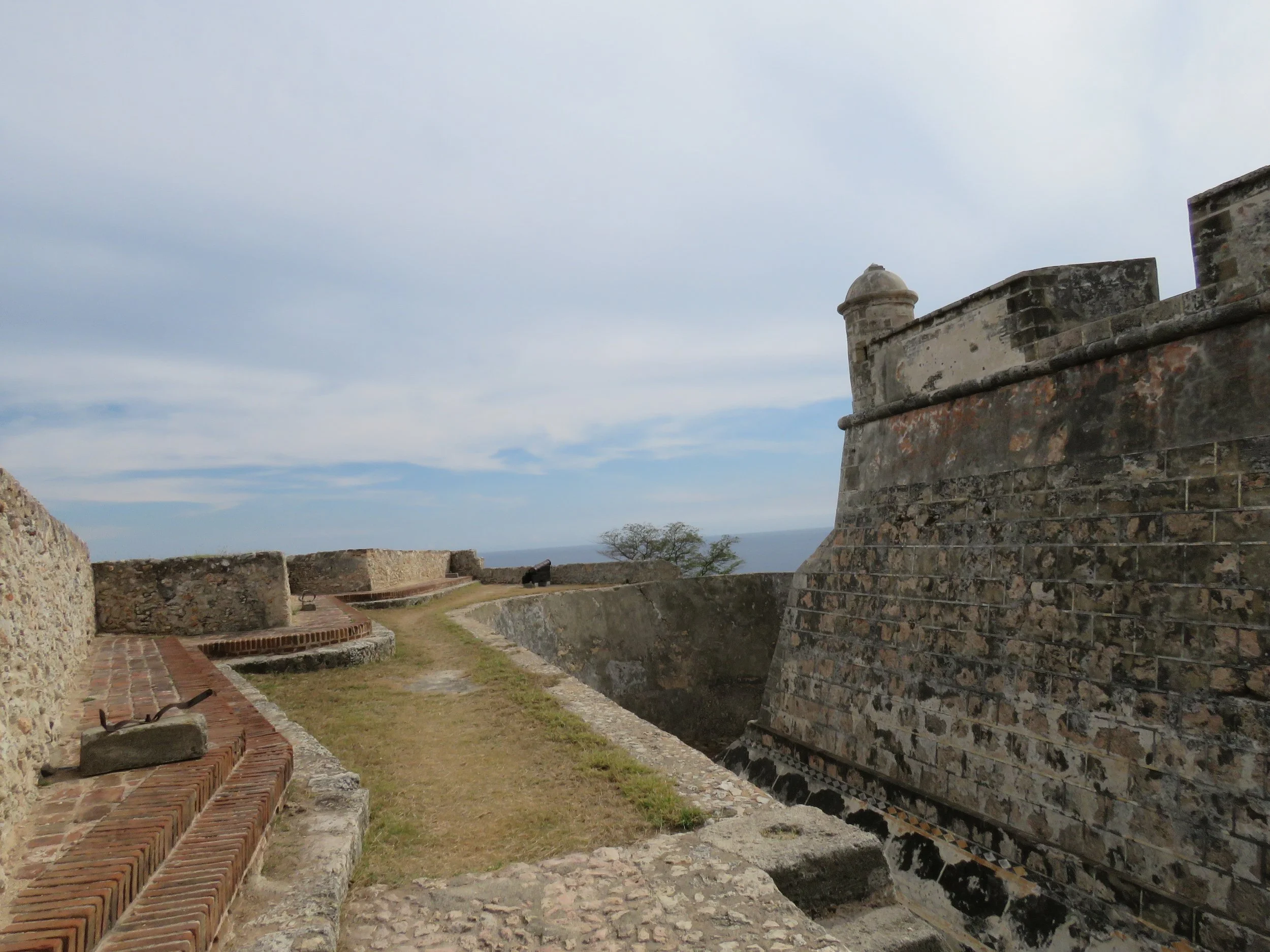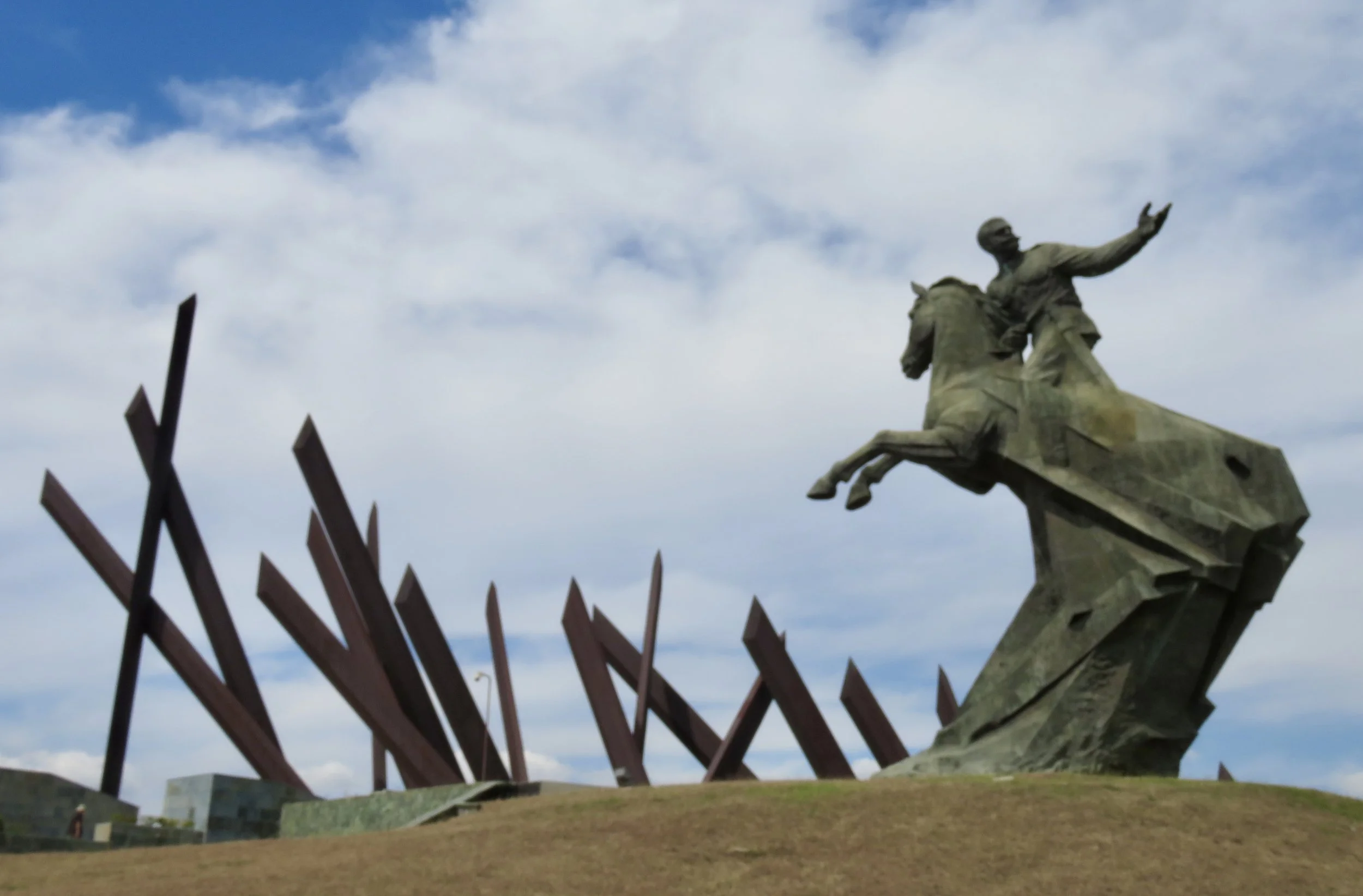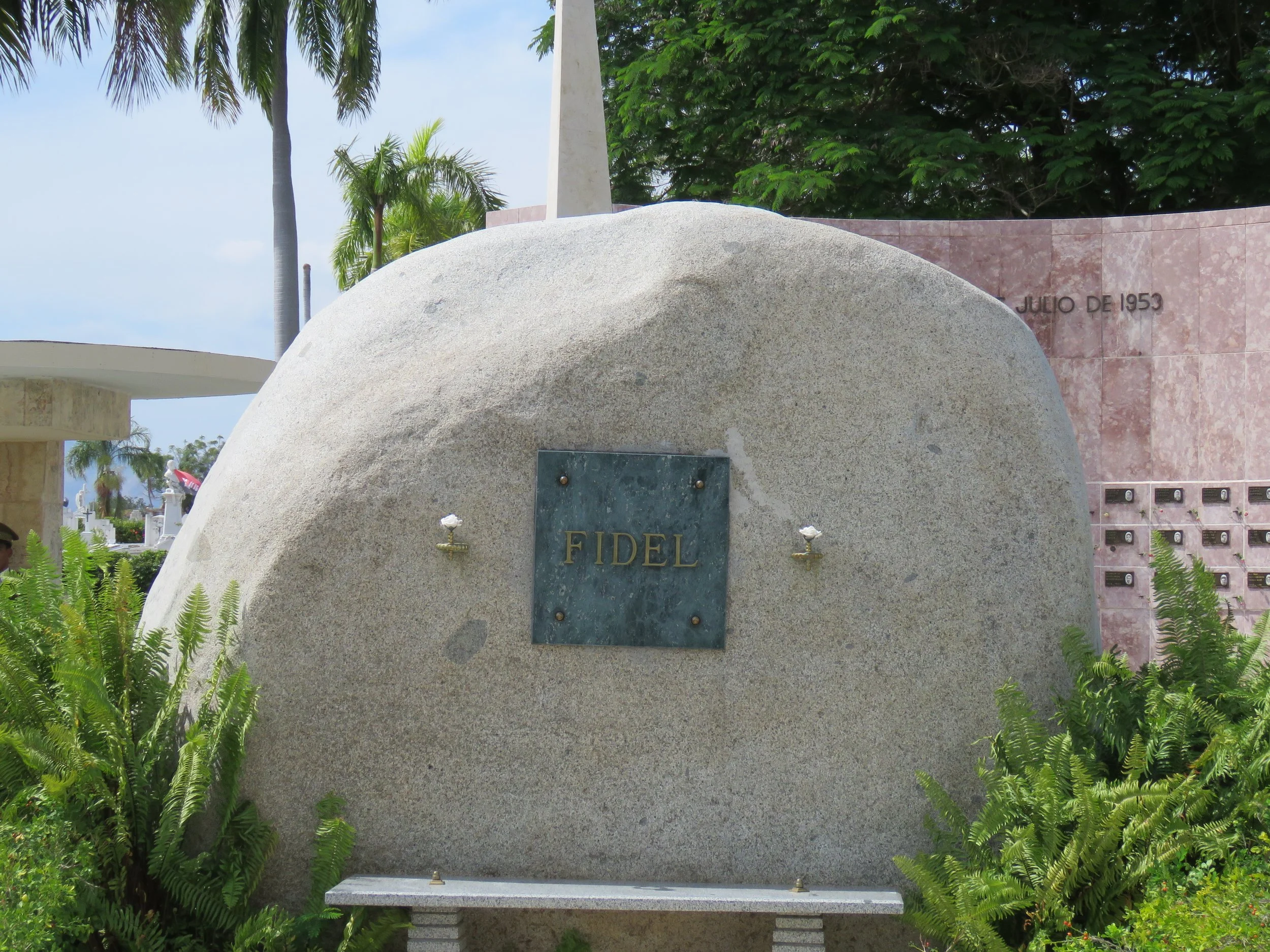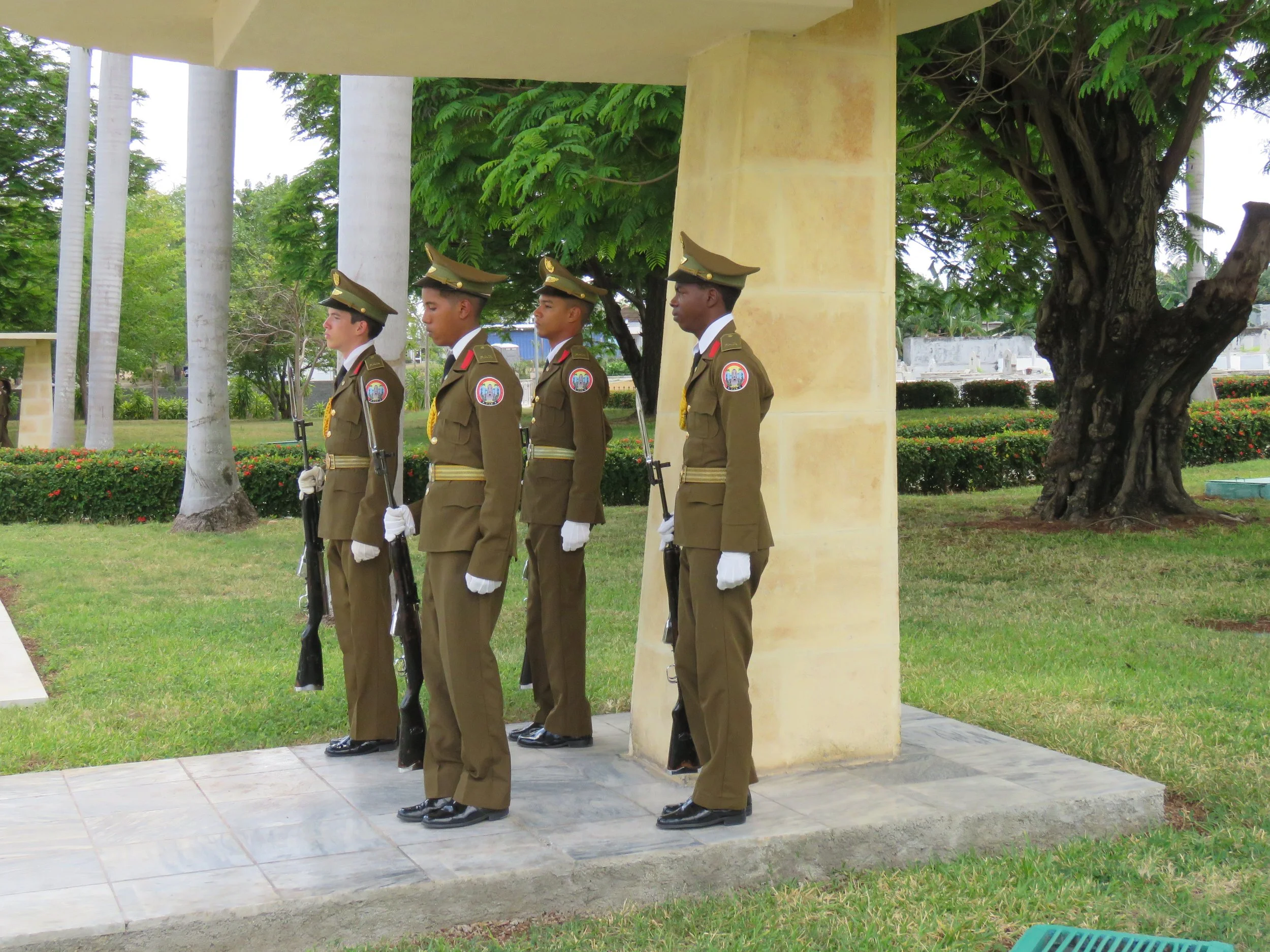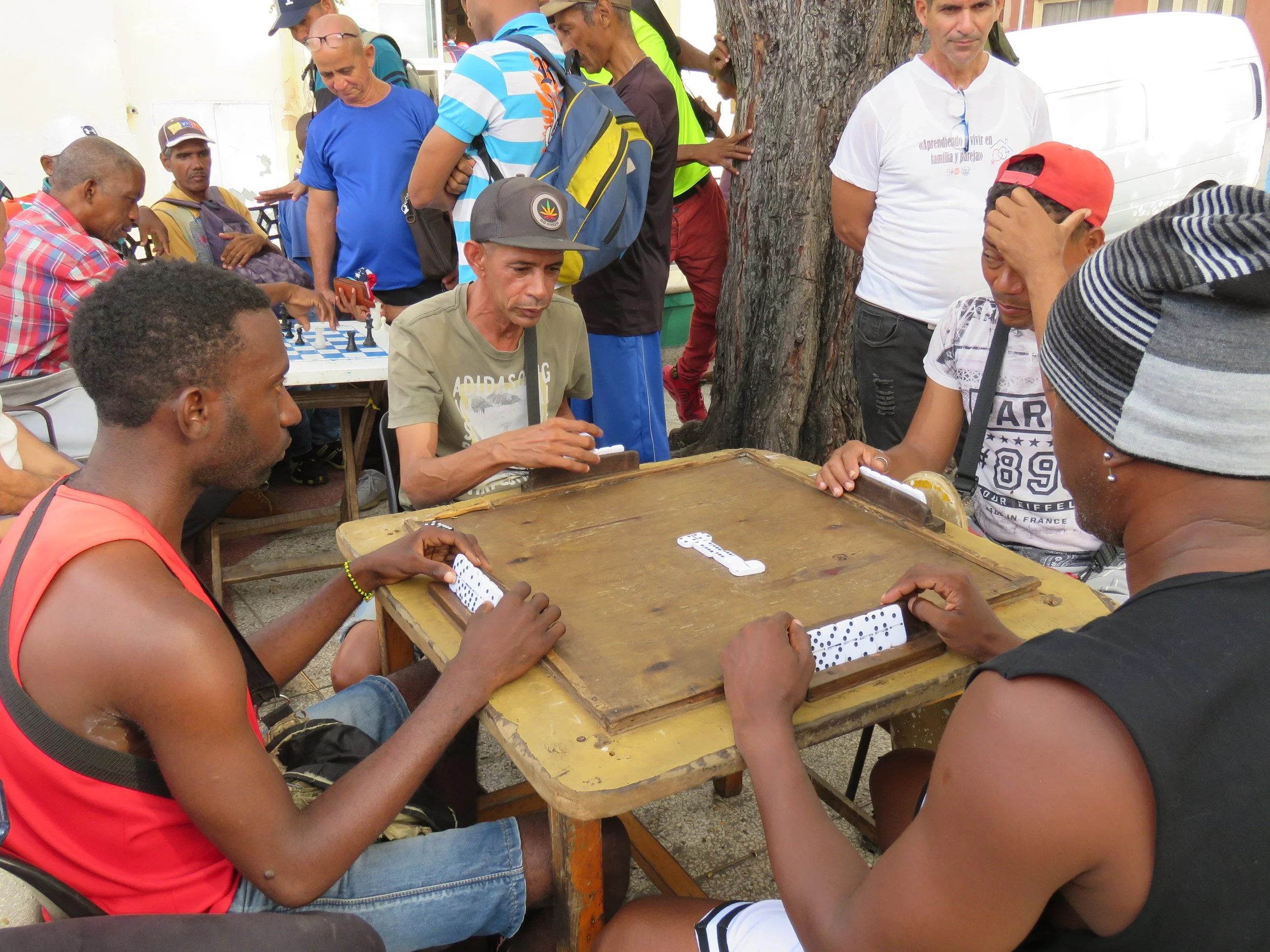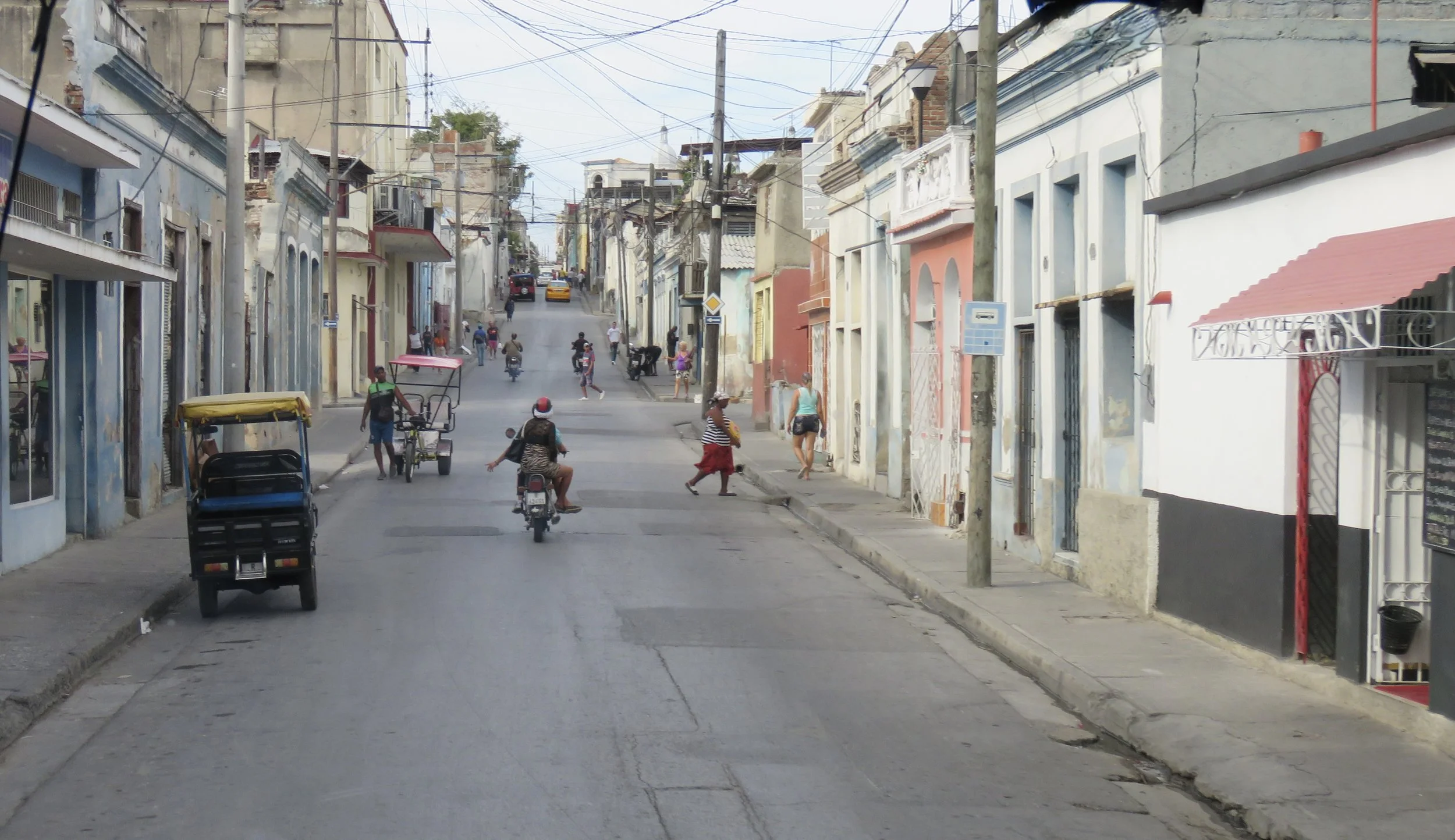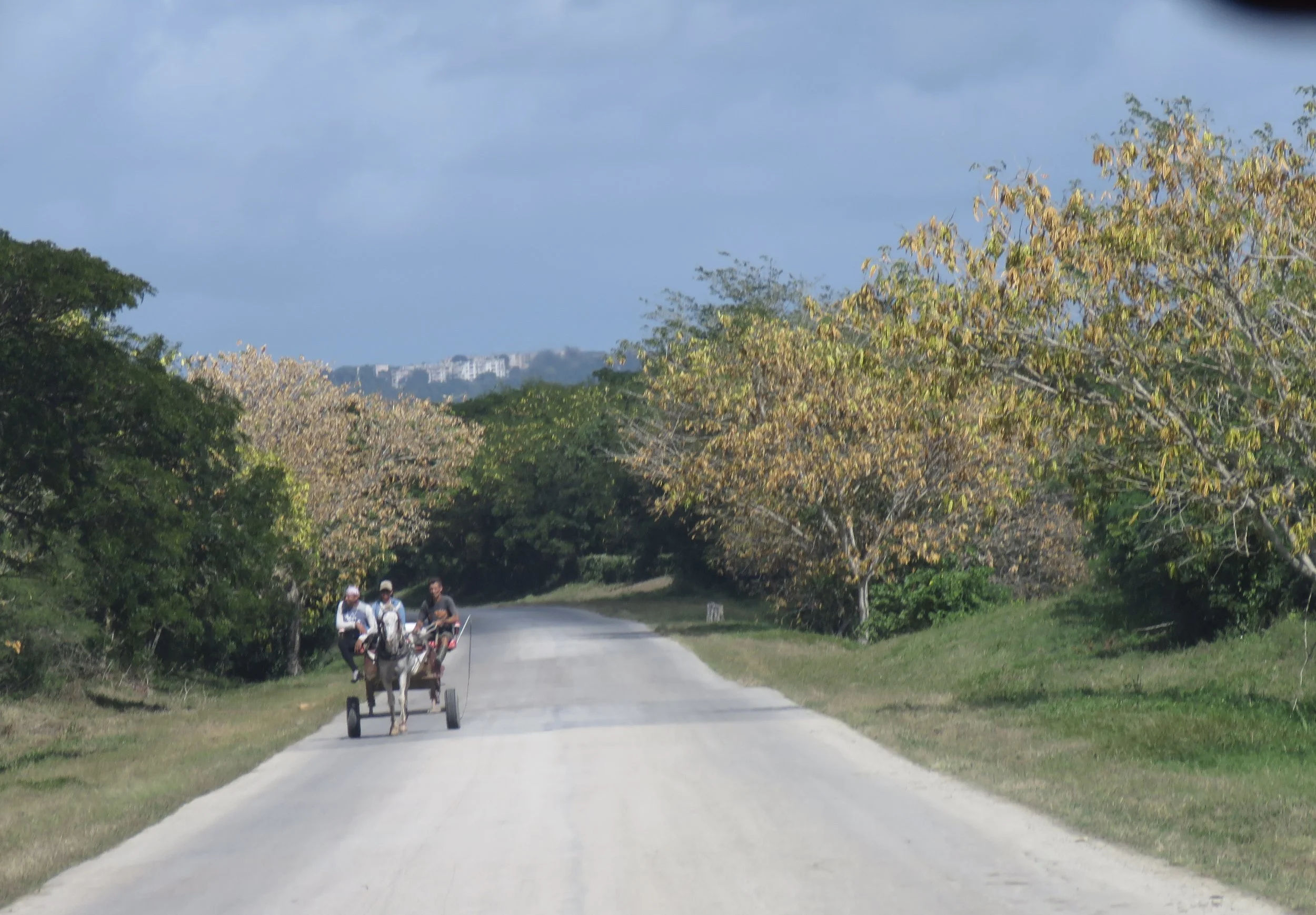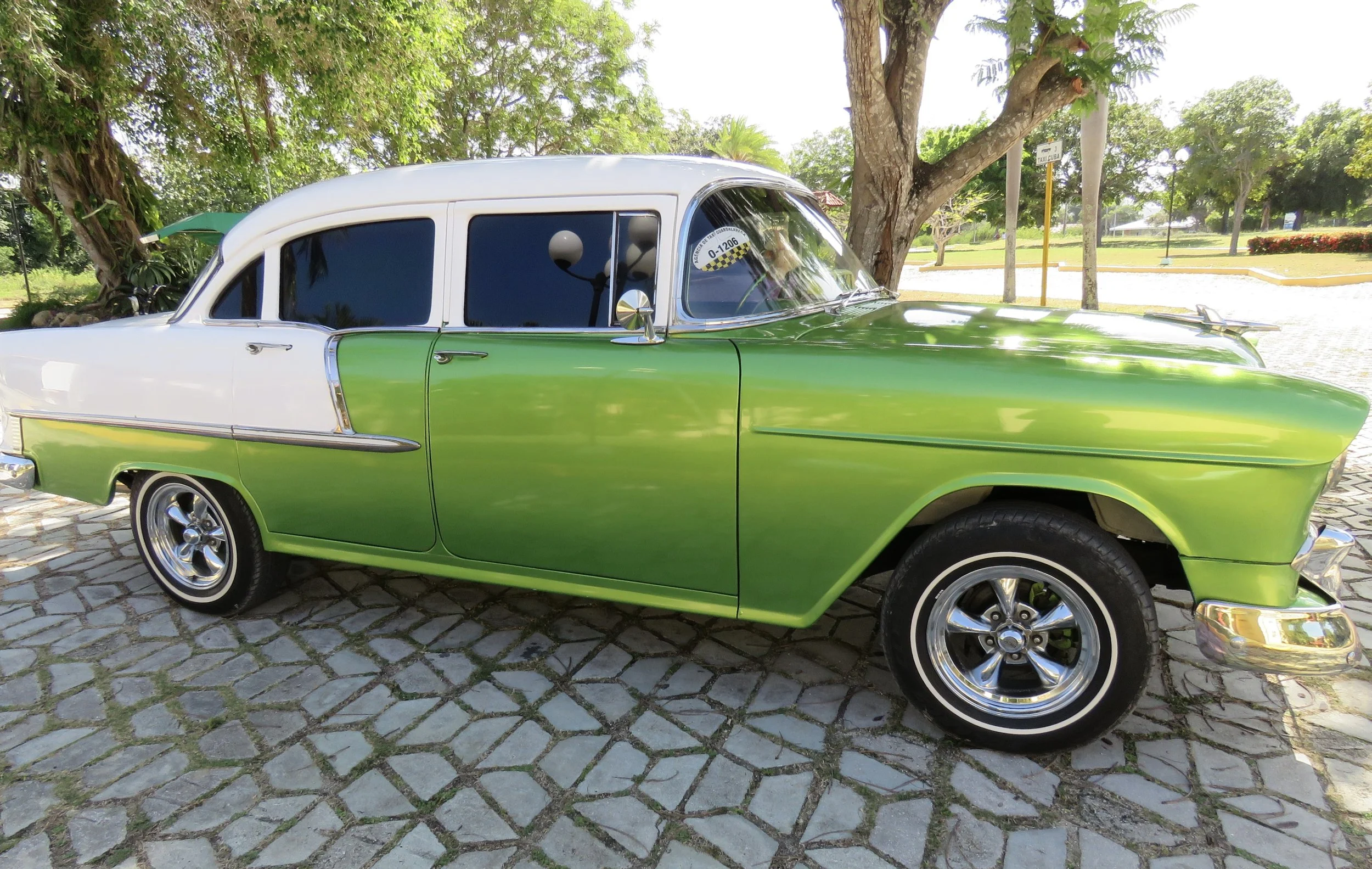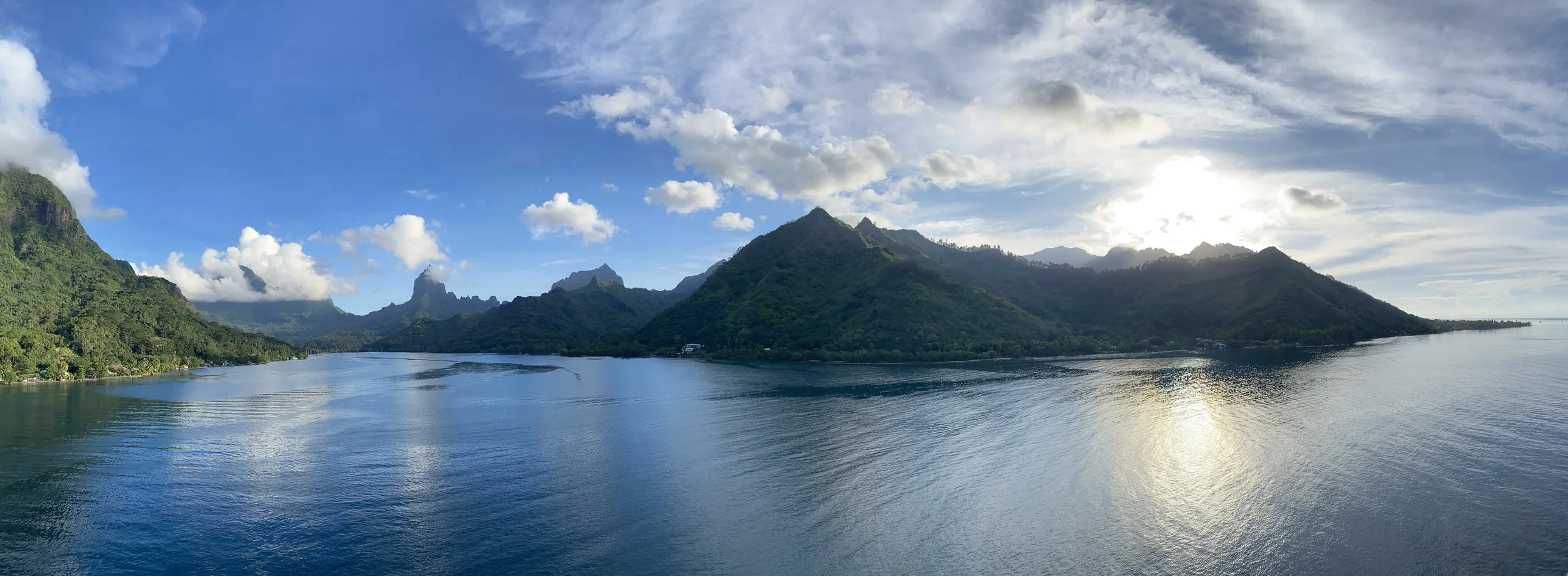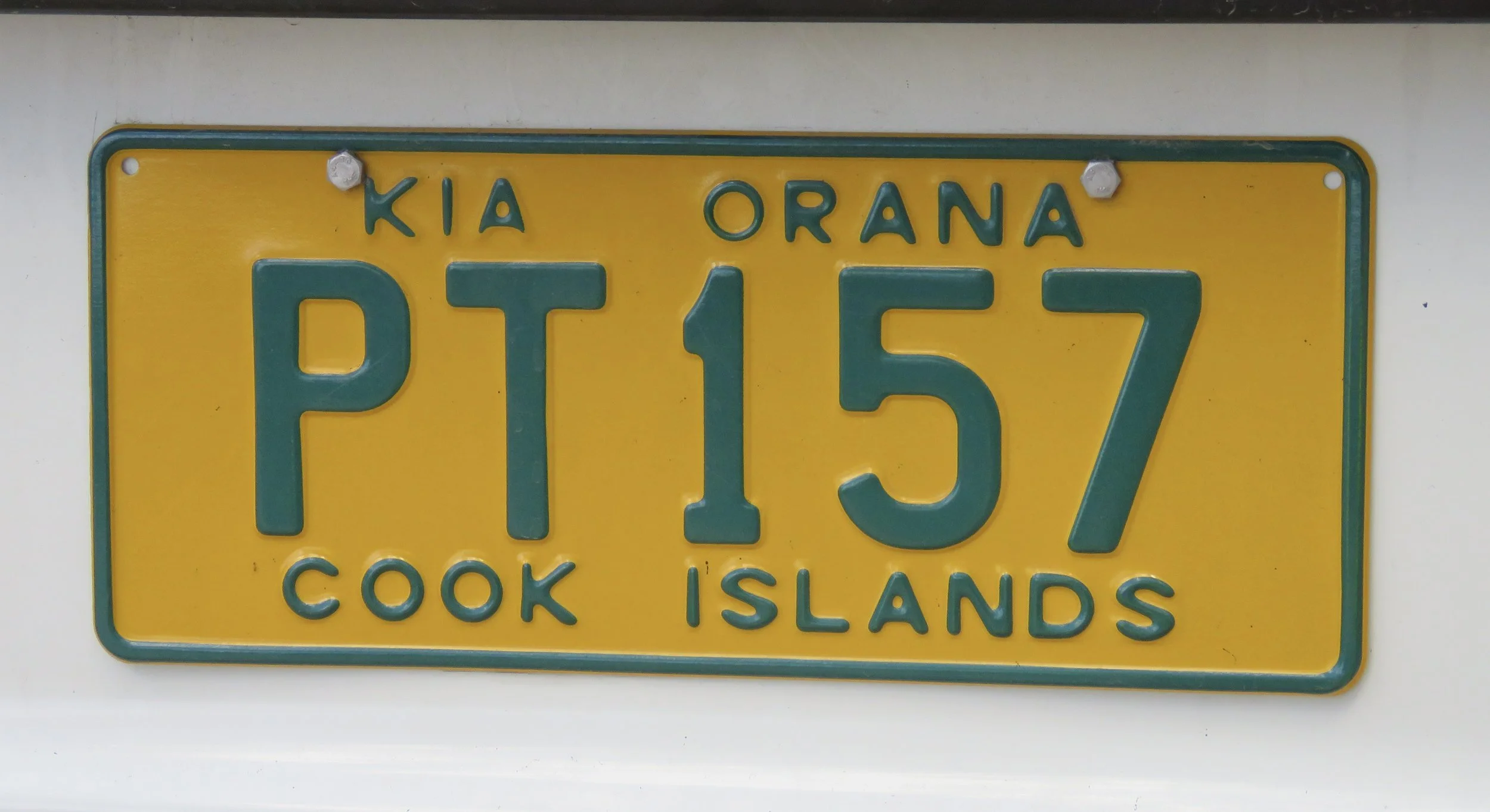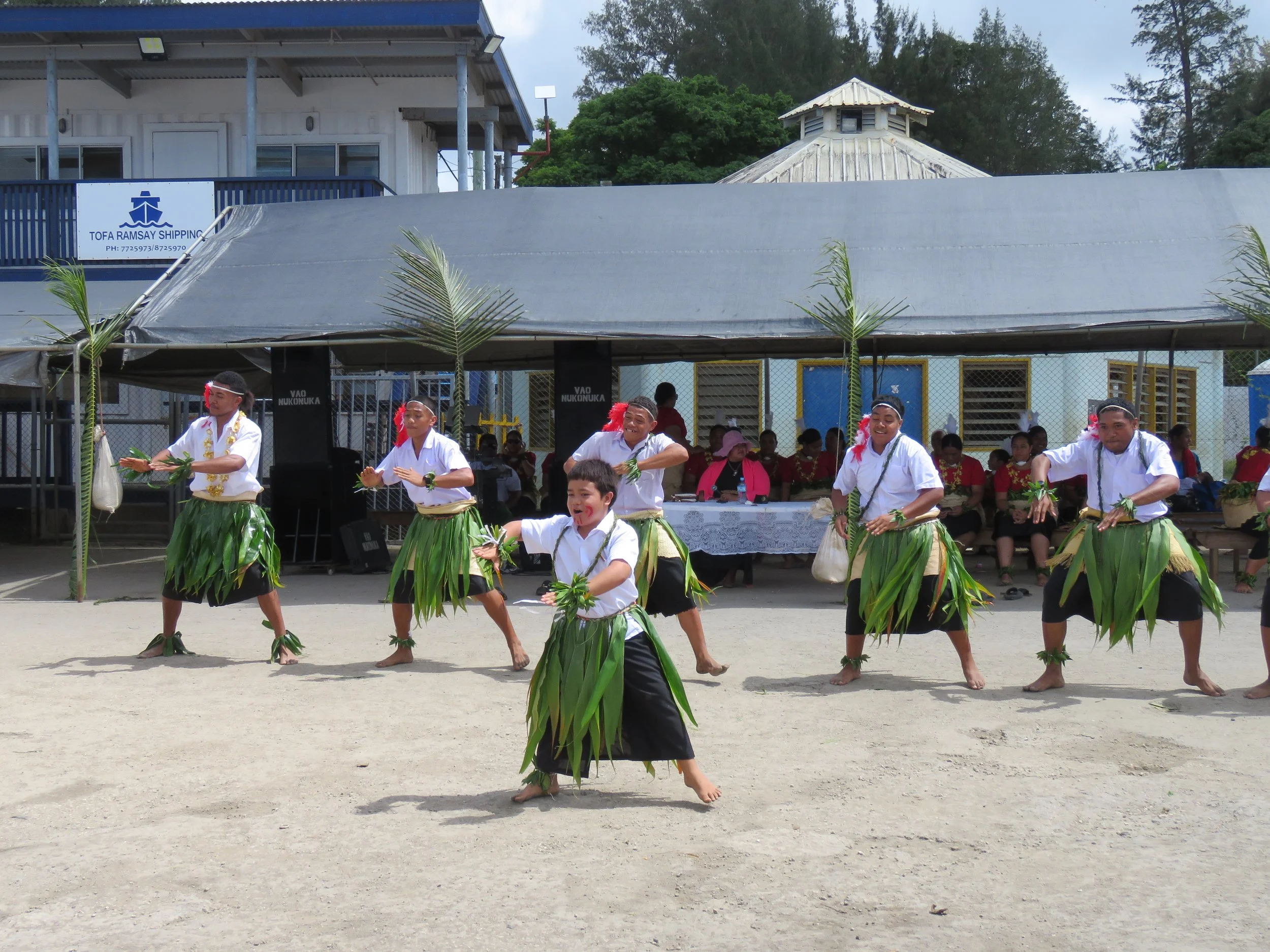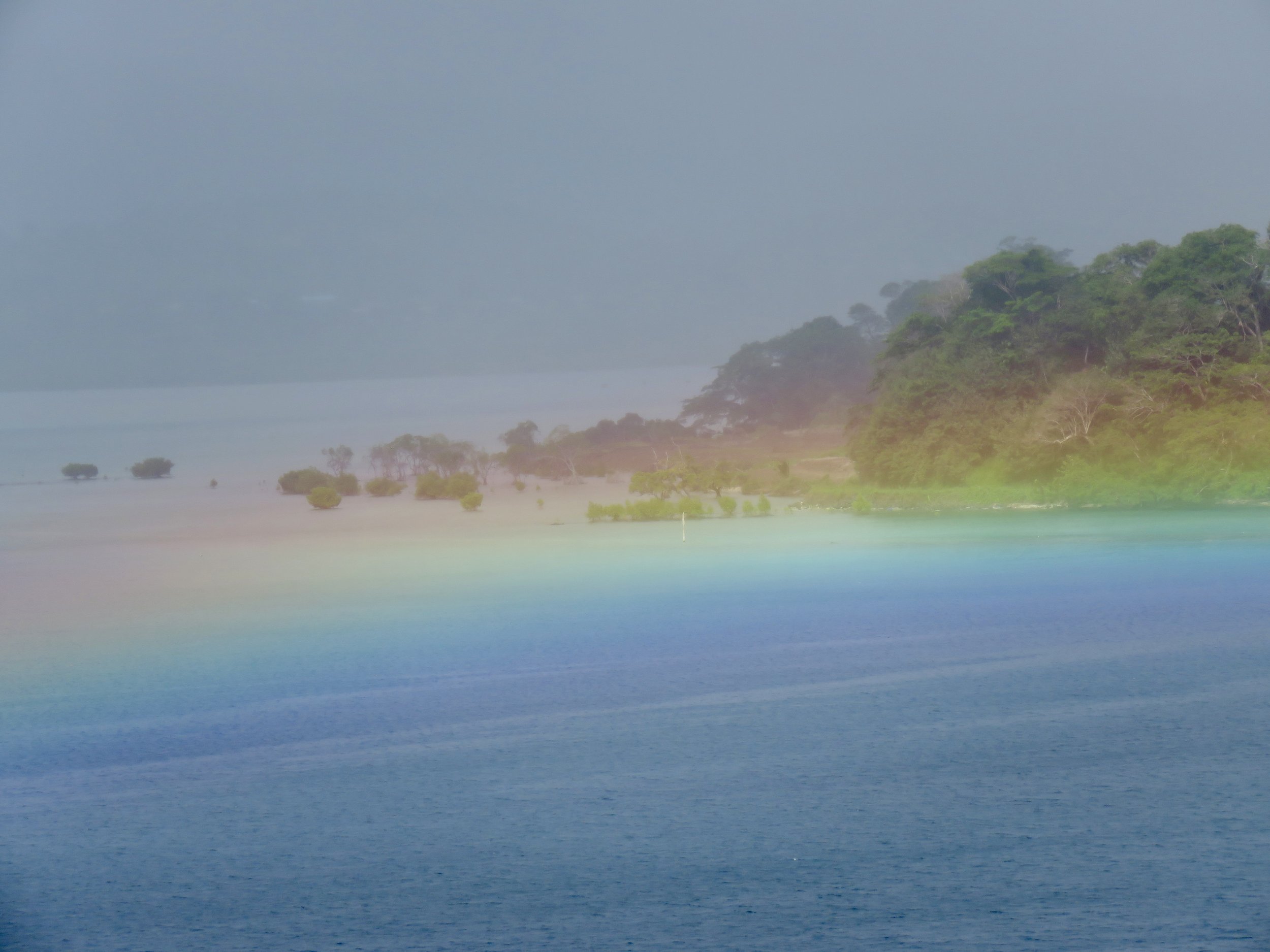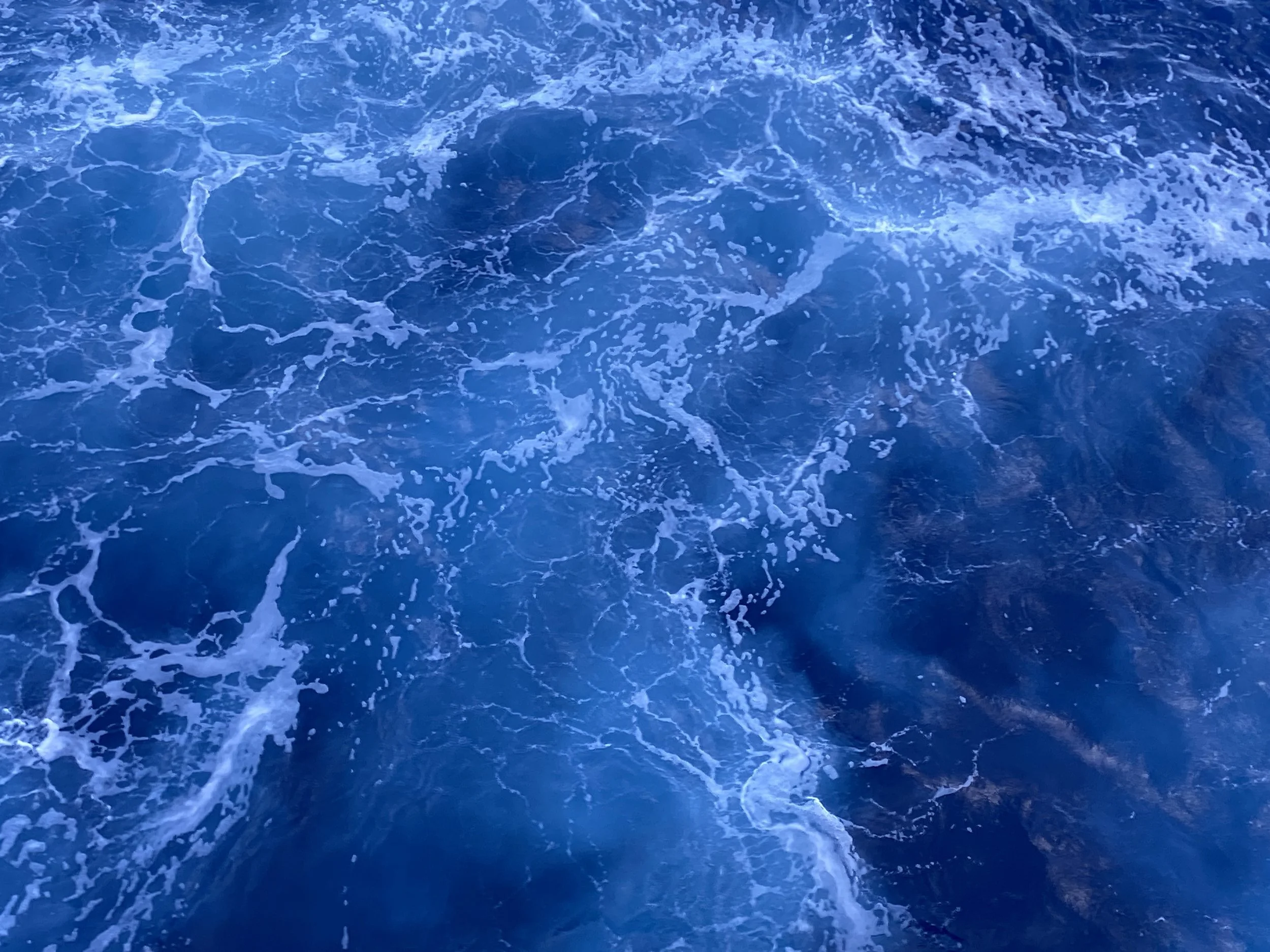In India, we were daily thankful for our calm, relaxed driver. Guru Singh made it seem easy to navigate the crazy traffic. And the city of Jaipur was clogged.
Pushkar Camel Fair
A few years ago we had both watched a YouTube video of a spectacular event: the annual Camel Fair in Rajasthan. It looked so brilliant that we did some more research to learn about it. Begun as a local trading place for livestock, the Pushkar Camel Fair is over a hundred years old and the largest camel fair in the world, with thousands of camels, but also Indian horses, buffaloes and cows on display, to sell or trade.
Fabulous Forts in India
After a good night sleep in the wonderful Vivaana Culture Hotel , we continued our tour of India’s Golden Triangle. Nothing fazed our great driver, Guru Singh: fly-overs, crazy traffic, cows in the fast lane… But there were also newly paved and nearly empty roads today on our long drive to today’s destination: Khimsar Fort.
Royal Rajasthan
Into India
Around The World in 80 Books...
In 2020 I started to write blog posts and created this website in order to share our global adventures with you. I was thrilled that so many of you signed up to receive our weekly, then bi-weekly new stories in your inbox. Since then we have written hundreds of blog posts about some 50 or 60 countries, from 3 months around Australia to hiking in Cambodia, from going to Saudi Arabia to traipsing across the Gobi Desert in Mongolia. And much in between….
A Fair Deal!
A Day in Victoria, BC
Since Covid, many of us have been spending holidays closer to home or making shorter day trips. While we still like to roam the globe, I also recently enjoyed a day of exploring Victoria which, for us, is close to home. Whether you come from far away or live nearby, Victoria is a unique and beautiful city with lots of little secrets to explore. In fact, visiting Victoria can almost feel like visiting different countries around the world…
Walking The Camino de Santiago
The Camino, the ultimate pilgrim’s trail in Spain gets into your blood. I, Kees, walked it with my brother many years ago. I walked it by myself again later and Margriet joined me for the last 120 KM. Now I’m thrilled to have the opportunity to walk it with our 15 year old grandson Nico. It’s special to share this unique experience with him. But since he is still going to school we have only limited time and will just do the last 120 kilometers from Sarria to Santiago….
Cuba, A Last Resort
The Nature of Cuba
Santiago de Cuba
Cuba’s Royal Palms are very tall and straight.
Santiago de Cuba is a historic city, the second largest in Cuba, nestled between the hills and the sea. Founded in 1515 it was, like Santiago de Compostela in Spain, named for St. James the Apostle.
Along the way, across the width of Cuba, we saw mostly horse and buggies as couples rode to town along the dusty roads. On major intersections, there were always huge crowds hoping to catch transportation into the city, or back home. They frantically waved pesos, even dollars. But also desirable items were offered to anyone who would give them a ride. With no gasoline production, fuel is hard to come by and unreliable. A taxi ride costs an arm and a leg.
Nuestra Señora de la Asunción Cathedral
Santiago’s downtown plaza and cathedral echoed a Spanish past. We visited the Nuestra Señora de la Asunción Cathedral and enjoyed strolling across the Plaza Mayor and through little side streets full of interesting little shops and colonial buildings.
Cuba under Spanish influence had been very much a catholic country. But under communism, religion was prohibited, even Christmas was band. Today, that is changing and churches are gaining more members in all faiths. We were told that many Cubans still practise a curious mixture of African faith glossed over as Catholic religion. Santeria is a fusion of Catholic practices and African folk beliefs. It emerged in Cuba during the 17th century, and has been embedded in Cuban society ever since.“People would hide wooden carvings of African origin, behind Catholic statues and pray to them instead of to the marble saints…,” our guide chuckled.
We visited San Pedro de la Roca Castle, a 17th century fortress built to protect the city and which is now a UNESCO World heritage site. A keen young, female guide told us of the history and toured us around, friendly and bubbly. Until she got us into a quiet corner and asked for money. When we weren’t ready to fork over more US dollars her friendliness quickly changed. From up above, we had a nice view of… Granma Island, now a fishing community. It was named for the boat Castro used to start the revolution. Our Cuban guide, giving us a tour of Santiago de Cuba, chuckled when he told us this, adding, “Maybe he didn’t know what the name meant, he probably thought it was more masculine…’“ But the Granma helped Castro to ultimately succeed in becoming ruler of Cuba for the next 50 some years. Now, an entire province and even the national communist newspaper are named Granma..
Plaza de la Revolución
We were also shown the city’s Plaza de la Revolución with its huge statue of city hero (and native son), Antonio Maceo, atop his horse and surrounded by 23 raised machetes. Next on the itinerary was a tour of the Santa Ifigenia Cemetery, where national guards parade in front of the memorials of many national heroes, including national poet José Marti and of course Fidel Castro himself.
This day tour of Santiago included lunch. It was served in a small restaurant in the suburbs. We were served… rice with beans and chicken. Dessert (and I wished I had taken a photo!) consisted of a small plate each with a circle squirted with a cake decorating tube, about 2” in diameter, of bright pink icing. Just that. Not cake, no icecream, just icing. I’m not sure if any of the visitors actually ate it…
But the funnest thing was, at night, when people gathered in the squares. They congregate at cement tables on the square which specifically offer a place to play dominoes. Men, old and young, play the national game to their hearts content. Many were keen to show us how to play. Here and there, someone played a guitar adding to the lively evening ambience.
Like me, the reporter of the 1999 National Geographic article wondered how Cuba could maintain its communist ideology. Today, there does not seem to be much ideology left. Unemployed people spent their days on a city squares or hung around sidewalks. Young people who live away from tourist resorts can’t find work. “We’ve lost all hope,” one young man told us. And people were afraid to speak up. Anything said against the government can result in being jailed.
When we left, we left almost all of what we brought in Cuba. Shoes, clothing, medication, toiletries, and lots of US dollars as tips. The few tourists who still come, continue to make a difference. But with no more flights from Europe, and only a few from Canada, there’s not enough tourists to really help this country in need of income. Although… in 2024 tourism from China increased by 50%.
RESOURCES: Not really related to Cuba, but the movie The Motorcycle Diaries is the story of Che Guevara, Castro’s friend, and quite interesting.
Cuba, Then and Now
CUBA
What did we know about Cuba? Not much except that there are beautiful beaches and old cars. It’s communistic and the US embargo has isolated the country.
What made us decide to go to Cuba? We don’t like winters, even on our “tropical” island. We love palm trees and beaches. We like to explore places we’ve never been to. It seemed inexpensive so that we could stay longer. And the flights to get there were not nearly as long as going to Malaysia…
Turtles in Tahiti...
French Polynesia
As we left The Cook Islands, and its New Zealand connection, behind in our wake, literally, we enjoyed another day at sea. On these days we slept in, attended lectures about the islands yet to come or about marine wildlife, did school work with the boys, read books, swam and walked. No time to be bored!
We spotted occasional far-off islands and I wanted to know the difference between Micronesia, Melanesia, and Polynesia. I learned that the distinctions are geographical, cultural, as well as linguistic.
A Dinosaur in the South Pacific!
Time in Tonga
I didn’t think I’d ever see this mystical country in the South Seas. Yet here we are, moored right in front of the Royal Palace of the King of Tonga. I guess that, when the King chose this prime location on the azure water front, he had no idea that eventually cruise ships would dock right in front of his place.
Island Hopping in Fiji
The island nation of Fiji, in the South Pacific, has more than 300 islands - more than 100 of those are inhabited. So by visiting a handful, we only see a tiny bit of this beautiful country. But what we see makes us fall in love with the azure waters, white beaches lined with palm trees, and happy people.
Fiji Waters
Our next stop is Fiji. So interesting to learn that the country’s name comes from a misunderstanding again. Just like Kiribati (Kiribass) was a mispronunciation of Gilberts. When Captain Cook arrived on these shores, he heard that it was called ‘Viti’. He pronounced that as ‘Fisi’. It was translated as Vita in Tongan and became known as ‘Fiji’ in English. Today the Fijian islands are referred to locally as Viti.
